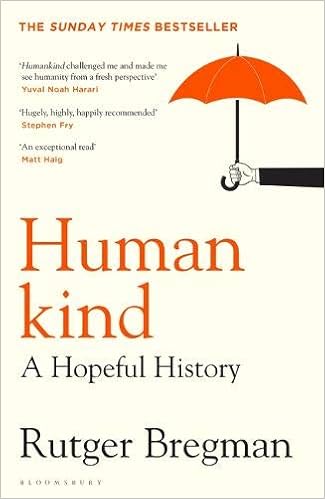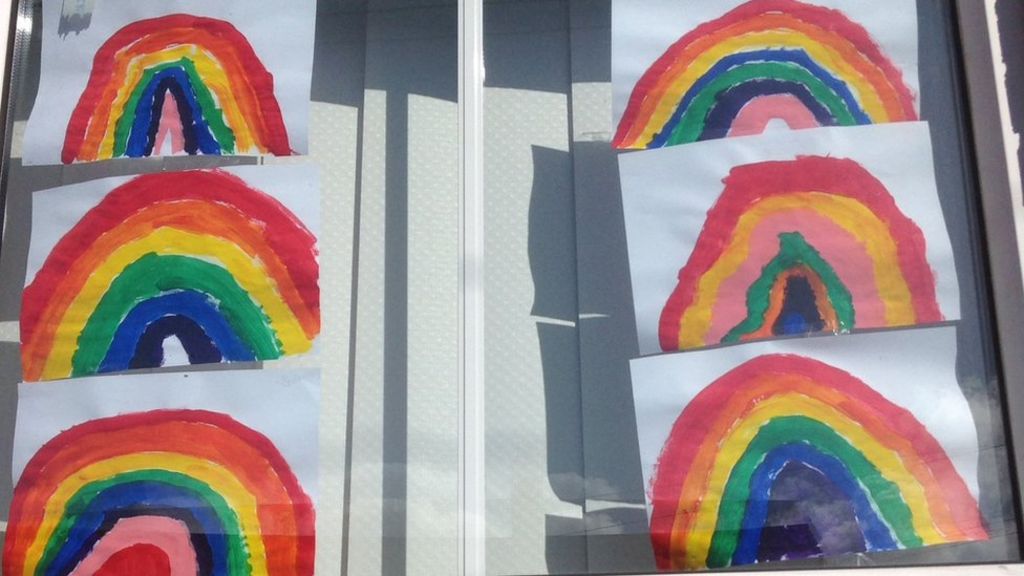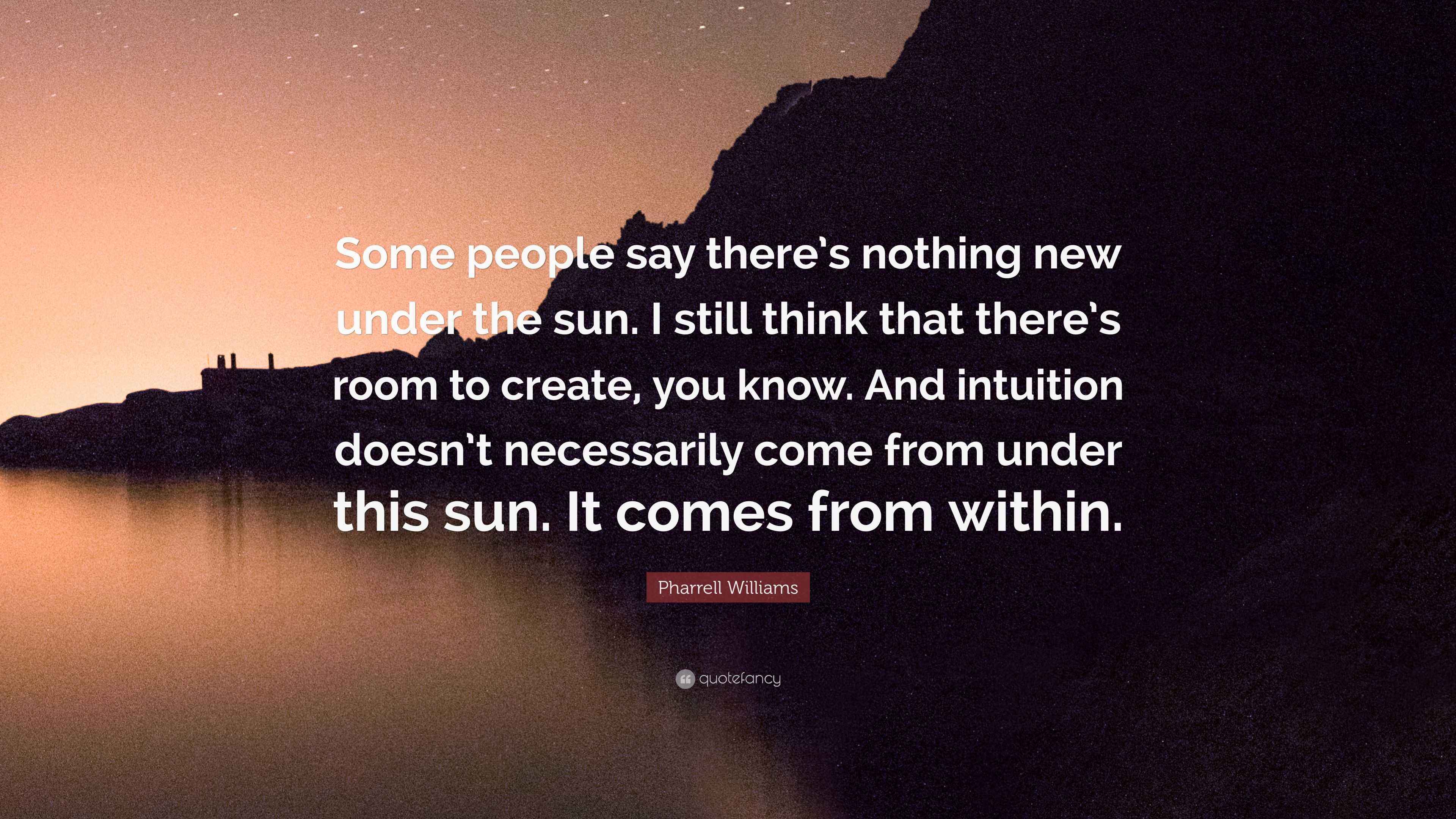Notes from todays sermon, at Headland Baptist Church, Hartlepool..
Todays subject is on Fruitfulness on the frontline, and based around the subject of mission, and about mission, about fruitfulness on the frontline. 22 year ago I took part in a gap year called Oasis Frontline, and they sent me to Hartlepool back then, so talking about mission on the frontline seems to have come full circle. Today is the first of them. It got me thinking, back to those days in 1996. What was unique or special about Hartlepool? Why would I a fairly middle class boy from the midlands not stick around and do mission in my own hometown? What was the attraction of going somewhere new? In another way, did moving away make mission any more possible, any more real? Granted, for the life experience and experience of culture granted. But doesn’t it seem a bit weird – that we might often have an elevated view of people who leave somewhere and go and do mission somewhere else.
Its as if a real missionary goes elsewhere. Or a real missionary is someone who is sent to us. In my own experience, ‘the gap year team has come to do the youthwork’ ‘the frontline team has come to enable young people to come to church’ – somehow the experts are from afar. Some how someone else is the one who knows what to do.
But thinking about it – what do they know? Or more to the point – what is that we know that we negate by defaulting mission to someone else. What might we do, to be fruitful, on our own front door step.
Jesus said, love your neighbour as yourself. Love your neighbour – who is our neighbour – well maybe it genuinely is our next door neighbour and street. Not just the work colleague, interest group – but actually the family next door, the lady who is one their own. Fruitfulness on the frontline, love our neighbour. Thats love. Not just hope they come to church and to an event, or even alpha. But love.
We are all missionaries. It is the principle purpose of the church. Of us. Forget everything else. It is to love the world, to love our neighbour and to witness to Christ in the context that we are in. So – that doesn’t matter where we are, does it, location becomes slightly irrelevant.
If we are to be true to the intentions of Jesus today we must put in the centre of our vision not the church, but the kingdom (Lesslie Newbigin) ,
‘the church can only exist as the church of Jesus Christ when it understands itself as part of Gods mission and lives out that understanding’ (David Bosch)
‘The church is missionary by nature’ mission is its essence, not just the outcome.
Because this is the first in the series, it kind of gives me an opportunity to ask and propose a number of questions, that may require further reflection, but that I think are useful, in all we do, and all the church does is about mission.
The first thing to think about – is if the church is to do Gods mission – what is the Mission of God?
The second is – Is Gods Mission is an extention of his character (and we’re not going to do a significant theological study here) – What is God like?
And how might these two things be our starting point for thinking about the mission of the church? For this church.
It would be much easier to just respond, react and do stuff wouldn’t it.
Do the things that the church down the road say, or the next great initiative from the Baptist union, or do something that we used to do, because it worked there, or then, or with them. But is this an appropriate starting point?
What instead might it be to understand that God is ___________________, and then try and act in this way in to our neighbours, to this community.
What if we held on to this, resisting all other temptations, but genuinely loved, genuinely forgave, genuinely acted with mercy, to the extent that we were doing Gods mission, being Gods ambassadors. To that extent…
It is important, not to start with a book on mission, but to start with the God of Mission.
If we start with theology – our understanding of God – and have this be the key motivation, ethic for mission – rather than our needs, or the need of the church – then what might that be like..
To start with God who is missionary in character and nature.
God who loves, God who listens, God who forgives, God who gives.. God who is… God who is community, God indeed who communicates, the God who speaks…
And I wonder if we don’t think of God as a speaking God very often, and for the rest of this time together I feel that as we think about Fruitfulness on the frontline, that we contemplate the communication of God, the conversation of God and how these might help us in developing Gods mission in the local community, doing so as an extension of Gods own character and actions.
Lets think about ourselves for a moment – have a think about the last or a recent conversation that you had with someone. Over a coffee, at the workplace, walking the dog, at home in the lounge..
For – you what made it a good conversation?
Now; A question for us all to think about…. I would like you to think about a conversation that you know of that occurs in the Bible, one that exists between God (and in the new testament Jesus) and a human person.
So, it could be an old testament character, Moses, Esther, Joseph, Elijah, Jonah, or Jesus talking to a person, a disciple.. ill give you a minute to think about one such example… pick one well known..
- What is it you like about the conversation? Was it a good conversation – do you think?
- What does this conversation reveal about God?
- Are conversations important.. why?
I would hazard a fairly strong guess, that the conversations that we thought of, were long in nature, were ones that we know quite well, Jesus and peter on the beach, Elijah moaning after the battle with the prophets of Baal.
Yet in 2 Kings 5 there is space for a very small conversation, a very small moment, a significant conversation.
Read 2 kings 5 1-8…
The huge effect of this one girl and what she says, wasn’t a long conversation at all
What does the Girl, the servant girl say…
The essence of what is being said – I take a risk in caring about my master, enough to give him advice
I want him to get well..
I see the effect of his illness on her mistress and want that to be alleviated. In short, it is a sentence that conveys a sense of healing, a sense of risk, a sense of wanting better for someone else.
It is a sentence that from which the commander of the army, Naaman, listened to. She might well have pushed a nerve, triggered an emotion, he may have had a soft spot for her… and we don’t know this… but it carried enough for Naaman to act. And for Naaman to go to the king and for the king to commend a letter. The voice of the servant Girl…. i mean, could that be the voice of God..?
Yet Naaman, when given the instructions by the prophet, didn’t initially take his advice.. that was a bit too weird…
Having travelled all that way, Naaman had to take another new risk. However, that is for another story.
To focus on mission on the frontline we must focus on the girl.
2. Another example, recently a few weeks ago we heard a sermon on Sauls conversion, Yet, how many conversations did God need to have with Humans that day for Saul to become Paul and then to become a follower… yes 2..
Ananias – the forgotten man – let look at this one Acts 9:10 – disciple who has a vision
The Lord spoke to him in a vision..
‘Brother Saul… ‘’ This is meant as a symbol of Sauls healing, of the laying on of hands, but also note the risk that Ananias had to make in doing this, and the message God gave him of Saul, saying that Paul will how much he must suffer’ – suffering is part of faith. Being a witness is a sacrificial task. Paul the zealot now has suffering as part of his commission, in effect. But the conversation Ananias has with him, and with God is interesting.
What does God promise Ananias.. ?
He gives him knowledge of the situation, he calls him by name. Maybe more importantly, God gives Ananias the opportunity to talk back – But Lord – But Lord- thats Saul….
God doesn’t seem to be adverse to the push back- have you noticed this? But God…. But God… But God…
Maybe thats for another sermon.
Ananias the hearer and doer.
And addressed Saul as brother.. you are part of us.. you are with us now. Participation, risk and belonging. Healing.
3. The third conversation i thought we would look at it is one involving Jesus- actually, a quick question – which conversation does Jesus have is is the longest? – who does he speak to the longest in one specific conversation?
Give you a clue, Peter Hart preached on this a few weeks ago….
Yes, its the woman from samaria.
John Chapter 4.
And We wont look at it at depth, but we will look at a few of the questions and statements that Jesus uses:
Whats the first thing that Jesus says?
‘Woman please will you give me a drink’?
What is Jesus doing here? – Stating the flipping obvious – thats what… though we know that on one hand this isn’t obvious at all. This was the kind of act that wasn’t supposed to happen, yet it was a simple act. Woman – would you serve me?
Woman, this well is here, you have a bucket – could you use what you have to serve me?
Woman – you do this every day, any chance you could share your skill with me?
Woman – you have already been brave enough, to gather water in the heat of the day – would you take a risk and serve me, a man, too…
Woman – would you give?
Woman, you are standing, i am sitting, I am tired, i am exhausted, will you give me a drink..
We might get the significance easier because we know more about the situation, but thats nearly always the case after the event isn’t it.
Yes there are resonances with Elisha and asking the woman for oil. As importantly it might be a template for the conversations we could have. Jesus tired and weary asked the vulnerable to serve him.
The church tired, weary and exhausted, might need to do the same. Shift the power, sit by the well and receive from others. Sit on the wall and wait, watch and learn, and be in a place where the most vulnerable have gifts to give, and gifts to share- if only we might ask the right kind of question – or be in the right place where their offering is available..
Jesus gave space in the conversation for participaton, for the persons action, and for people to have left speaking to him in a better place than they were before. And he used what they had. There is alot of using what they had in the New testament, from homes, to resources, to sharing of money, gifts and talent.
We can at time focus on peoples needs, but this doesn’t seem to be what Jesus does, that often, yes peoples needs are fulfilled, and a generous God gives. But I wonder if we can focus on peoples needs too much, and our conversations might reflect this, we have a desire to fix, to repair, to save what was lost, and to be the hero.
That doesn’t seem to be how Jesus operates. Remember, God is love… God is … and we are made in the image of God. So, maybe we need a different starting point. Maybe we focus not on needs, and solving these, and think about how a person might participate, might contribute, might do something that they are good at, how they are gifted.
Our neighbourhoods are full of people, young and old, who are bakers, creators, bicycle lovers, entrepreneurs and artists and more. Our streets are not dark and dangerous, they’re bright and imaginative’ (Mike Mather)
One of my Jobs is with Communities together Durham..(https://communitiestogetherdurham.org.uk/)
And part of this role is to help churches to create spaces in which people gather, have conversation and develop opportunities to use their gifts, use their talents. Not a group of people who share a love for an interest like a knitting group, but a group of people who discover that they can learn a skill together and use it.
Mike Mather in his book talks about the story of Lucy and her flowers. This story can be found in this book:
a copy of which you can buy here 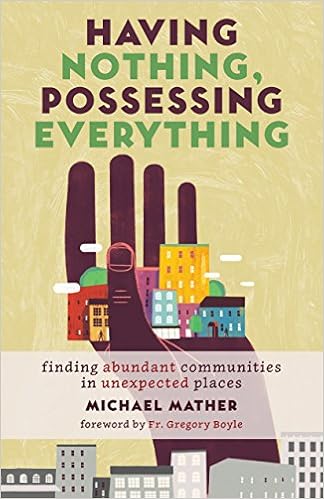
Read the story of getting out of the way
Amazing the significance of a conversation, of a question.
What might mission, conversation look like if we were prepared to ask the gift questions. To sit amongst the vulnerable, and ask
what skills do you have, what would you do if money was no object, and who will help you?
Moment to reflect on these questions… How might these be used by us in our everyday – what gifts do we have that we might share… – baking- artistry, what can we give each other, that we can also give to others…
Gods mission is to love the world, it is ours too.
Love so much that we see people for who they are, love so much that we build them up, we get out of the way, we sit tired by the well and let them use their gifts to serve us, we forget having the answer and be open to the wisdom of other, the person with the surprises who heals. Every conversation we have is a moment of theatre, every conversation is a moment where the ongoing drama of Gods redemption is carried onwards, is acted out. We are all missionaries, all conversationalists, even on social media, conversation is big business, everyone wants to hear from us. Sometimes the best conversation is the silent calm one. To think that we need to be ready to do the Mission of God, or professional, is not correct, we do the mission of God, from the place of our own normality, maybe our own desert place, our own reality, and have you noticed, that even in your desert place there is still energy to be generous, energy to give, energy to be used by God to love others. We are always on the frontline, discipleship and mission is a full on task of us all.
Our conversations that focus on the gifts of others might in reality be the most healing ones, our healing conversations might be those who help people to discover who they are, what they can do, and how they might contribute, not just to the functionality of the church, but the purposes of Gods mission in the bigger created world, the fixers, makers, artists and creators, the restorers, welcomers and the generous.
Reflect on the persons who don’t feel they have purpose who you meet, why not discover their passions, their interests. How might this be how we create the possibility of fruitfulness on the frontline. Its Gods world that we are all part of. Might our fruitfulness not depend on us, but on how we encourage other to use theirs.


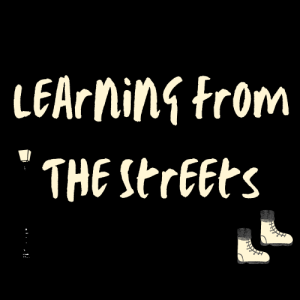
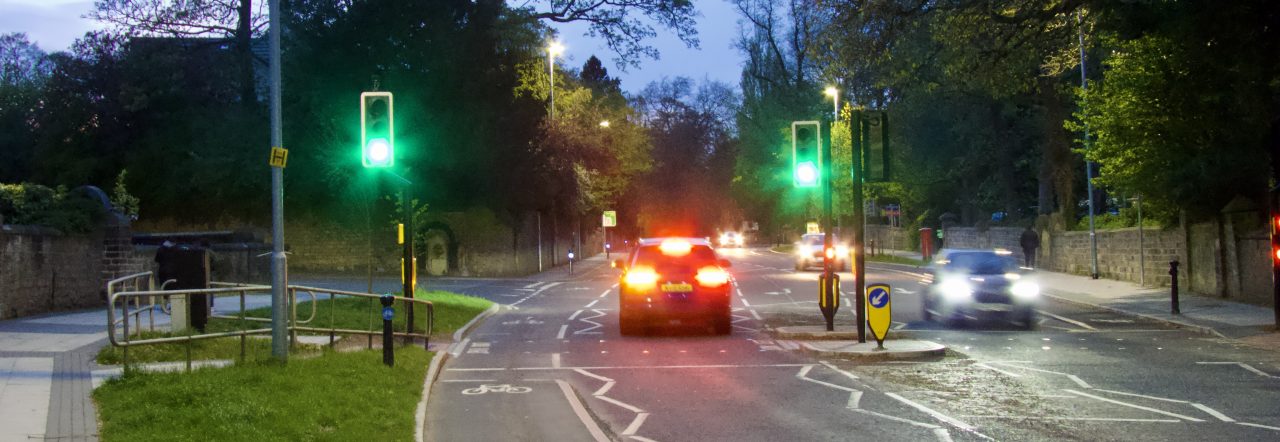

![From Isolation to Community: Youth Work in the Covid Era and Beyond by [Jenni Osborn]](https://m.media-amazon.com/images/I/51b7mIEk4ZL.jpg)
